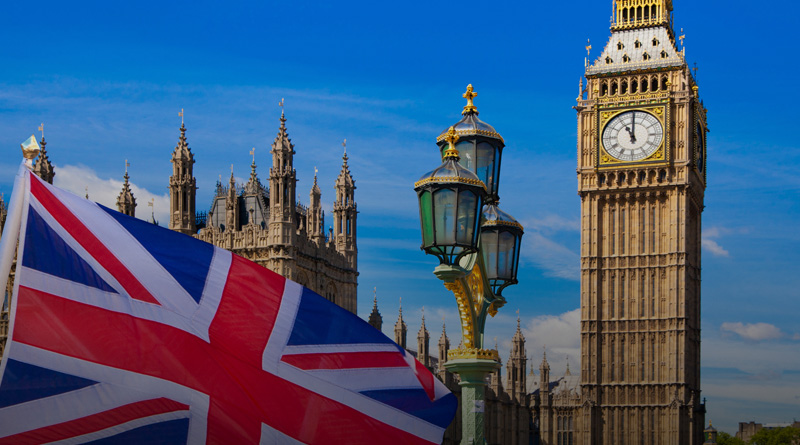Jump to other articles:
What Labour’s Tax Plans Mean for Investment Migration

Opinion polls suggest that Labour leader Keir Starmer will replace the Tories’ Rishi Sunak as the UK’s Prime Minister following the next general election. Although the date could be as late as January 28, 2025, most political pundits predict voters marking a cross on ballot papers in the second half of 2024. But how will Labour’s tax plans impact the world of investment migration?
This article will consider how proposed Labour tax plans affect the foreign entrepreneur. What will be the effect on interest in the UK Innovator Founder Visa? This is the country’s Residency by Investment (RBI) Programme.
Revealing Labour’s Tax Plans
Before discussing the effect of Labour’s tax plans on RBI, let’s establish what a Labour Government will do regarding taxation. Do bear in mind, however, that this is supposition rather than fact. Labour have yet to publish their manifesto, set to come out on February 8, 2024.
In summary, based on official Party communications, Labour’s tax plans should focus on the following:
- Terminating tax breaks for private equity bosses
- Abolishing the non-dom tax loophole
- Curtailing the tax breaks currently available to private schools
Using emotive language, Labour explains that these tax plans will raise much-needed funds for green investment, the National Health Service (NHS), and state schools. Traditionally, Labour, the founder of the Welfare State, has raised taxes to support initiatives that benefit all sectors of society.
More recently, this has been evidenced by a pledge to launch free breakfast clubs in every primary school in the UK to address truancy.
The UK Election and Investment Migration
The Mayfair Tax loophole refers to the treating of carried interest earned by private equity managers as capital gains rather than as income. So, they’re taxed between 10% and 28% instead of up to 45%. Abolishing this loophole will not affect the level of foreign interest in the UK Innovator Founder Visa.
A non-dom is a UK tax resident whose permanent home is abroad. By paying a government charge starting at £30,000, they become exempt from paying UK tax on capital gains and income earned overseas. Non-doms will lose this privilege with a Labour win and so will be less inclined to take up tax residence in the UK
Labour consistently champions state schools as the great leveller, with a free education improving one’s employment options and future financial security. They argue that private schools foster inequality, with past attendees over-represented in finance and government.
The end of tax breaks will drive up prices, causing foreign investors to switch their attention to RBI in countries with cheaper options such as Greece, Malta, Portugal, and Spain.
Considering the Post-Election Future With RIF Trust
Our UK-based Client Advisory Director Dom Barnes comments on what a change in government would mean: “It’s a little reductive to view Labour as the high-taxing Party and the Tories as the pro-business one, when taxation is currently at its highest in 70 years.”
“However, considering Labour’s proposals to abolish certain breaks and loopholes, a Labour win will deter HNWIs and UHNWIs from investing in the UK,” Barnes continues. “We witnessed a spike in enquiries towards the end of 2023 from this client base and the desire for advice continues today.”
“Many of our clients crave a European base,” reveals Barnes. “If so, they might prefer to invest in the Malta Permanent Residence Programme. The Greek, Portuguese, and Spanish Golden Visas require investigation too.”

How We Can Help
Politics can influence your investment migration choices. We can assist you in choosing the Residency by Investment Programme that suits your circumstances. So, don’t delay and contact RIF Trust today.
 Back to News
Back to News